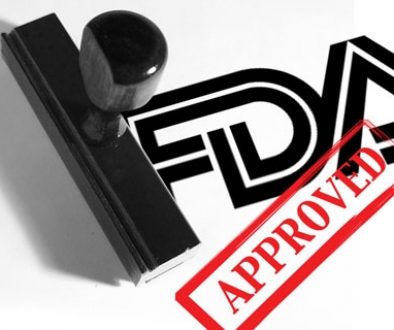November is Lung Cancer Awareness Month
Lung cancer accounts for about 27% of all cancer deaths and is by far the leading cause of cancer death among both men and women. Each year, more people die of lung cancer than of colon, breast, and prostate cancers combined.
There’s no sure way to prevent lung cancer, but you can reduce your risk if you:
Don’t smoke. If you’ve never smoked, don’t start. Talk to your children about not smoking so that they can understand how to avoid this major risk factor for lung cancer. Begin conversations about the dangers of smoking with your children early so that they know how to react to peer pressure.
Stop smoking. Stop smoking now. Quitting reduces your risk of lung cancer, even if you’ve smoked for years. Talk to your doctor about strategies and stop-smoking aids that can help you quit. Options include nicotine replacement products, medications and support groups.
Avoid secondhand smoke. If you live or work with a smoker, urge him or her to quit. At the very least, ask him or her to smoke outside. Avoid areas where people smoke, such as bars and restaurants, and seek out smoke-free options.
Test your home for radon. Have the radon levels in your home checked,especially if you live in an area where radon is known to be a problem. High radon levels can be remedied to make your home safer.For information on radon testing, contact your local department ofpublic health or a local chapter of the American Lung Association.
Avoid carcinogens at work. Take precautions to protect yourself from exposure to toxic chemicals at work. For instance, if you’re given a face mask for protection, always wear it. Ask your doctor what moreyou can do to protect yourself at work. Your risk of lung damage from workplace carcinogens increases if you smoke.
Eat a diet full of fruits and vegetables. Choose a healthy diet with a variety of fruits and vegetables. Food sources of vitamins and nutrients are best. Avoid taking large doses of vitamins in pill form, as they may be harmful. For instance, researchers hoping to reduce the risk of lung cancer in heavy smokers gave them beta carotene supplements. Results showed the supplements actually increased the risk of cancer in smokers.
Exercise most days of the week. If you don’t exercise regularly, start out slowly. Try to exercise everyday.
It’s important to report any unusual physical feelings to your doctor. Often, these unusual feelings can be attributed to other causes, such as bronchitis. But you doctor should check anything that is unusual or worrisome. The signs and symptoms of lung cancer can take years to develop and they may not appear until the disease is advanced.
Symptoms of lung cancer that are in the chest:
- Coughing, especially if it persists or becomes intense
- Pain in the chest, shoulder, or back unrelated to pain from coughing
- A change in color or volume of sputum
- Shortness of breath
- Changes in the voice or being hoarse
- Harsh sounds with each breath (stridor)
- Recurrent lung problems, such as bronchitis or pneumonia
- Coughing up phlegm or mucus, especially if it is tinged with blood
- Coughing up blood
If the original lung cancer has spread, a person may feel symptoms in other places in the body. Common places for lung cancer to spread include other parts of the lungs, lymph nodes, bones, brain, liver,
and adrenal glands.
Symptoms of lung cancer that may occur elsewhere in the body:
- Loss of appetite or unexplained weight loss
- Muscle wasting (also known as cachexia)
- Fatigue
- Headaches, bone or joint pain
- Bone fractures not related to accidental injury
- Neurological symptoms, such as unsteady gait or memory loss
- Neck or facial swelling
- General weakness
- Bleeding
- Blood clots
Despite the very serious outlook of lung cancer, some people with earlier stage cancers are cured. More than 400,000 people alive today have been diagnosed with lung cancer at some point.
Sources lungcancer.org, cancer.org and the american lung association.



